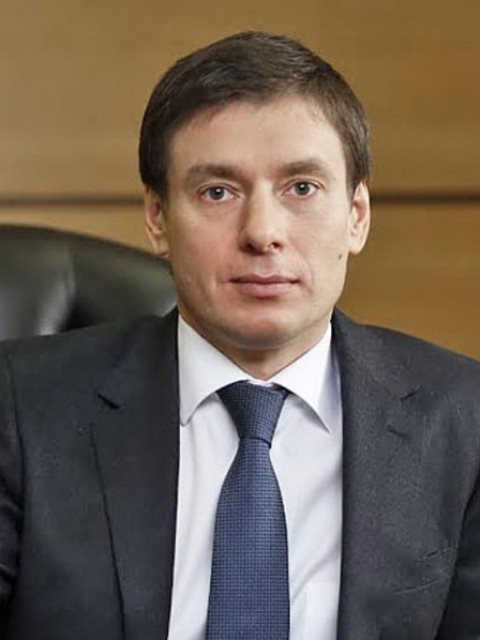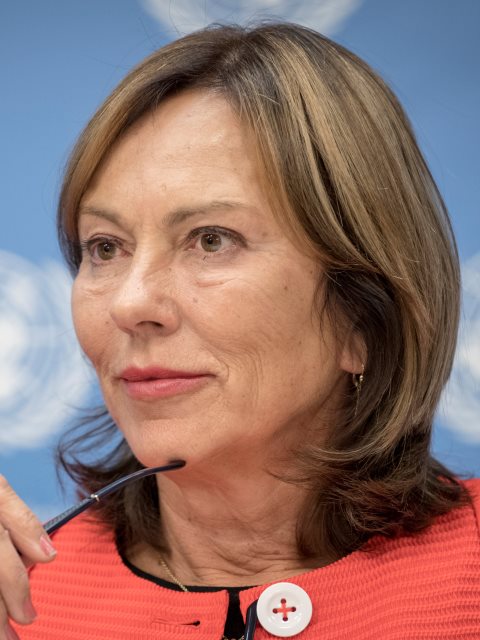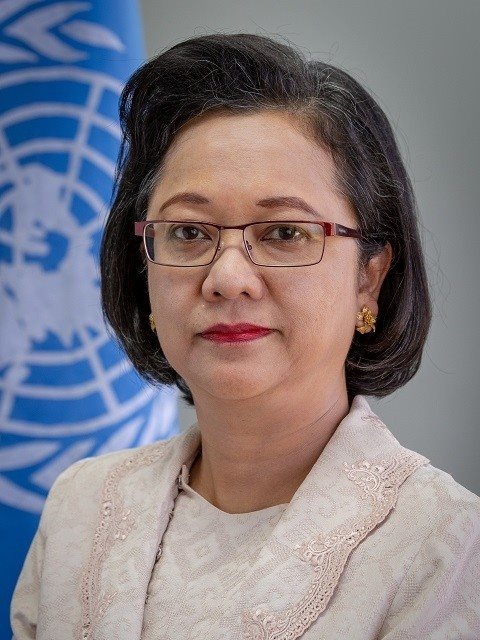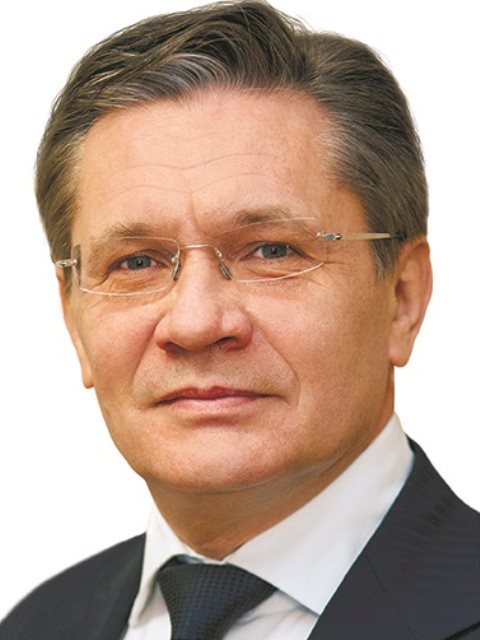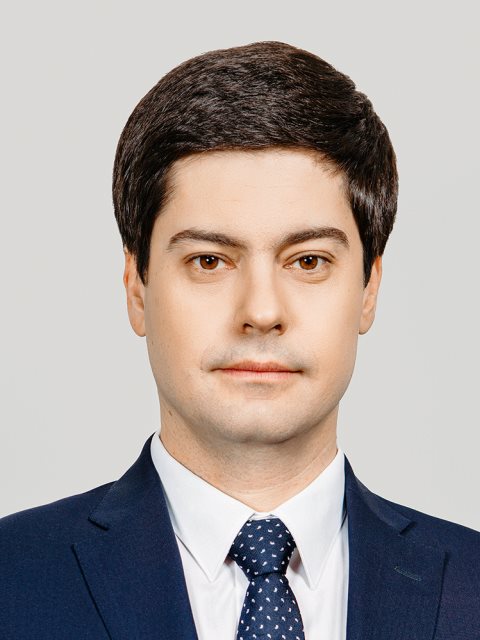Multipolarity and Connectedness as a New Paradigm of International Trade
The direct involvement of extra-regional states in the acute crisis in Europe is the most obvious manifestation of the globalization crisis. However, its causes are much broader and encompass the escalating geopolitical rivalry among major powers, the vulnerability of transportation and financial logistics in dire circumstances, and the inability of international institutions, particularly the WTO, to effectively respond to the crisis. It is evident that when global institutions fail to deliver, regional structures assume prominence. This process is objective as it reflects the transition to a multipolar world order. Nevertheless, economic growth cannot be achieved if regional blocs are isolated themselves. Consequently, connectivity is emerging as an integral component of economic multipolarity. The Eurasian Economic Union is one of the most open regional economic unions for international trade. Russia managed to successfully overcome the transportation and logistics challenges brought about by the 2020-2021 epidemic only through mutual assistance and cooperation with international partners. Hence, it is especially important for Russia to transition to new formats of trade and political interaction involving the EAEU, China, India, Iran, African and Gulf states, while leveraging the capabilities of organizations such as the SCO, BRICS and ASEAN. Technological sovereignty should not lead to technological isolation. How can this be achieved? What should the role of industry initiatives be? Who can assume the position of technology leader? What has been accomplished thus far, and what further actions are required to transition trade to national currencies? What potential role can digital currencies play? Which alternative settlement systems could serve as viable solutions for international settlements? Which transport routes should be prioritized for expansion? How will digitalization facilitate this process? The prevalence of unilateral discriminatory measures that exceed the boundaries set by WTO rules is becoming more and more common in trade policy practice. Should the regulations outlined in trade agreements be revised?
Moderator
Andrey Slepnev,
Member of the Board, Minister in Charge of Trade, Eurasian Economic Commission
Panellists
Olga Algayerova,
Executive Secretary, United Nations Economic Commission for Europe (UNECE) (online)
Armida Salsiah Alisjahbana,
Executive Secretary, United Nations Economic and Social Commission for Asia and the Pacific (ESCAP) (online)
Alexey Likhachev,
Director General, State Atomic Energy Corporation ROSATOM
Dmitry Murev,
General Director, RZD Logistics
Alexey Overchuk,
Deputy Prime Minister of the Russian Federation
Oleg Solntsev,
Head of Monetary Policy Analysis, Center for Macroeconomic Analysis and Short-term Forecasting
Liu Xuesong,
Plenipotentiary Minister, Embassy of the People`s Republic of China in the Russian Federation




